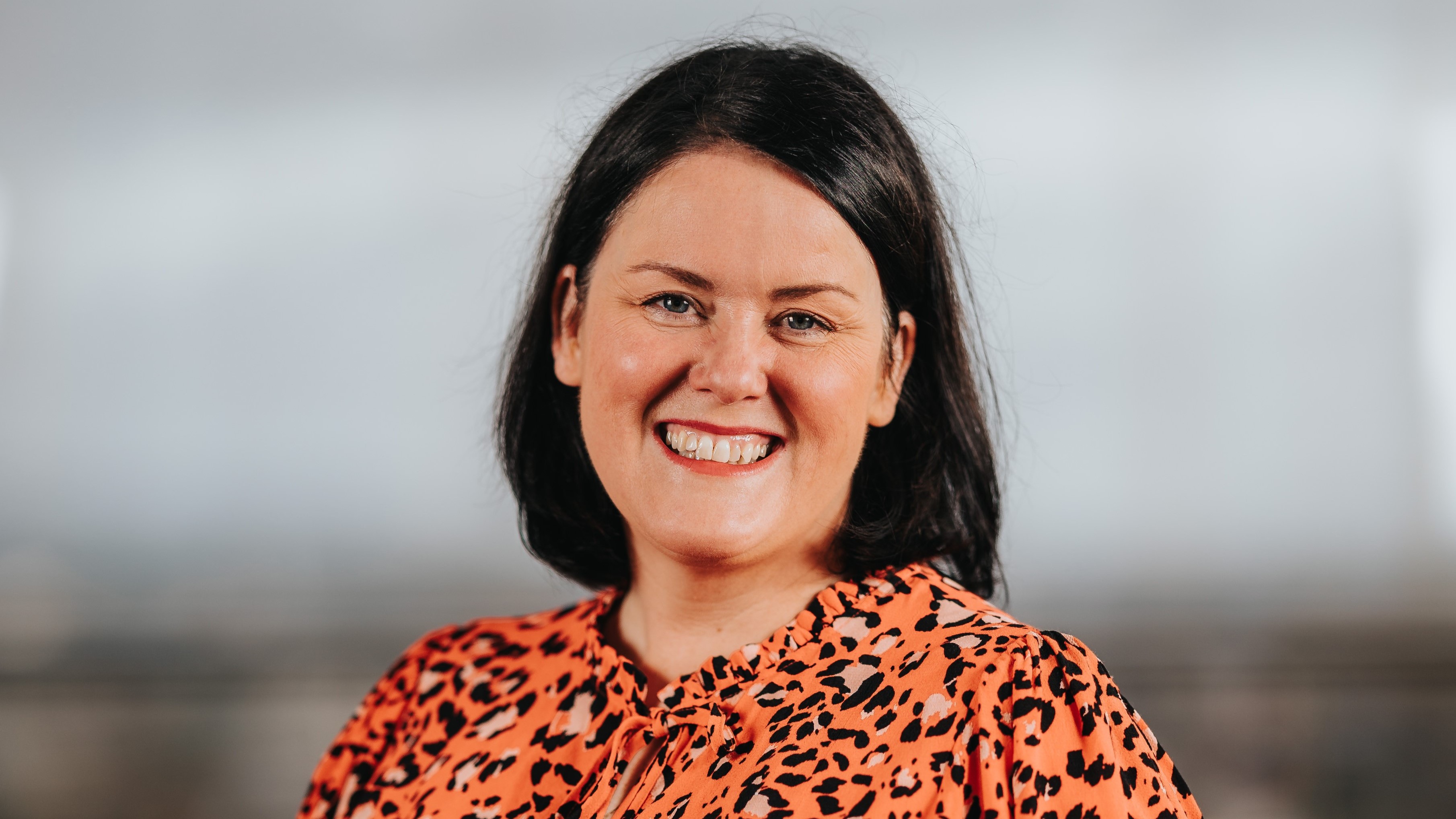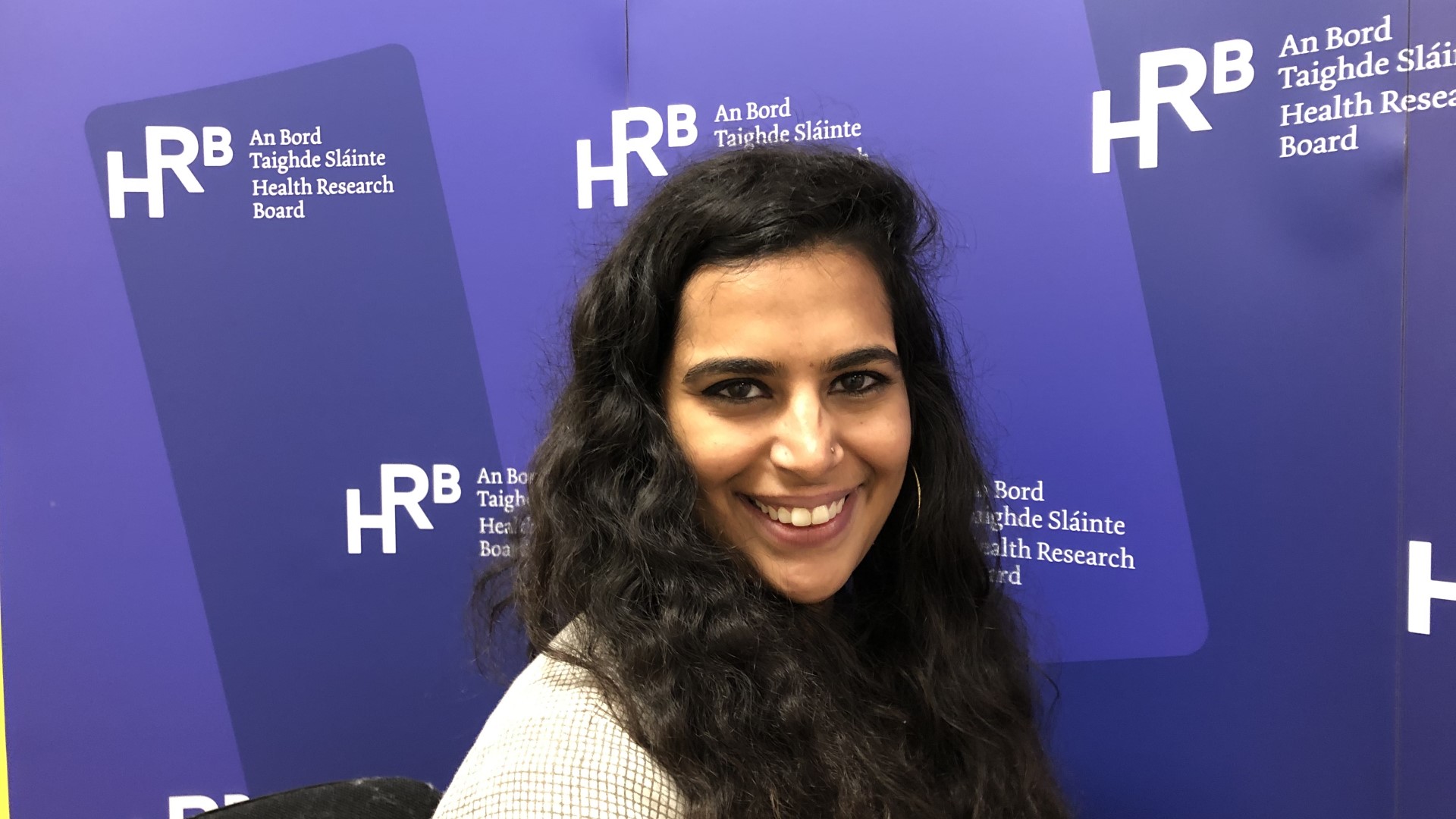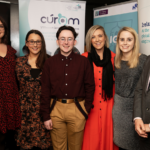Irish Research Nurses and Midwives – Building Research Capacity in Ireland
Do you know what a research nurse or midwife does? If you don’t, you are not alone.
6 min read - 23 Sep 2024

That’s why Simone Walsh Chair and Programme Manager of the Irish Research Nurses and Midwives Network (IRNM) is on a mission to ensure that research nurses and midwives receive the recognition and support they deserve.
“Very few people know what research nursing or midwifery is,” says Walsh. “Even among nurses and midwives, many people confuse us with nurse researchers, who conduct their own research in their area of interest.
Formal definition
So what does a research nurse or midwife do? The short answer is that they act as the safety net in a clinical trial, ensuring that everything is done properly and that patients are included and cared for at every level, according to Walsh.
The longer, formal definition from the IRNM is that a research nurse or midwife is defined as an expert member of the research delivery team, who specialises in the management and co-ordination of research studies, and the care of research participants, with emphasis on: participant safety, research protocol integrity, regulatory and ethical compliance, data management, education and advocacy. Research nurses and midwives are instrumental in bridging the gap between clinical practice and research, ensuring the smooth conduct of clinical research studies, while prioritising participant safety and ethical considerations.
Huge responsibility
In practice, research nurses and midwives have a complex job in clinical trials, explains Walsh.
“Clinical trials are highly regulated to protect the public and ensure the reliability of results across multiple sites in Ireland and countries worldwide,” she says. “Research nurses and midwives are instrumental in upholding these regulations and advocating for participants throughout their participation in clinical trials.”
Walsh also emphasises the significant responsibility these professionals carry.
“They often serve as the trusted hands of the study’s Principal Investigator, managing tasks such as complex drug delivery, regulatory compliance and overall project management,” she says. “It’s an incredibly dynamic job, you are always learning”
Champions of inclusion
The IRNM has recently put a strong focus on inclusion in clinical trials – their 2023 national conference gave a platform to members of the public who are typically underserved by clinical trials to speak about their experiences, including members of the Roma, Intellectual Disabilities, LGBTQI+ and Traveller communities.
“Historically clinical trials focused on middle-aged white males, and we really need to ensure that a wider diversity of people are included in research studies, which in turn can mean meeting their social and cultural needs,” says Walsh.
“The research nurse or midwife is their advocate, and that includes meeting participant needs around ability, language and culture. For example, some participants will come in accompanied by many family members because that is their culture, and the research nurse or midwife is the person who prepares for that, who makes room, who really champions inclusion. No one who is eligible for a trial should ever be excluded because of ethnicity, language or culture.”
Path to research
Walsh’s own path into research was cemented early on in her training at Dublin City University, Beaumont Hospital and RCSI University of Medicine Health Sciences.
“I was massively inspired by Dr Alice McGarvey, who lectured us in anatomy. I thought yes, I want to work in the RCSI, and 19 years later it became a reality.”
Walsh worked in clinical nursing before moving to the Health Research Board, where she worked on the National Drug Related Deaths Index. “I learned a lot about large-scale data management and analysis, medical toxicology and reporting on vulnerable populations,” she says.
Her next move was to RCSI, where she worked as a clinical research nurse in medical device studies in the area of pressure injury prevention. Later she became the Senior Research Projects Manager for the RCSI Skin Wounds and Trauma Research Centre.
“I’m passionate about how research is activated and governed,” says Walsh. “I love that process when someone has an idea, it’s on a whiteboard, and we move it to the point where the idea is helping patients.”
When the opportunity came up to lead a three-year IRNM Health Research Board-funded study to strengthen and evaluate the network, Walsh’s interest in the role of the research nurse and midwife and the public’s access to clinical research inspired her to go for the role.
Networking for the win
As chair and programme manager of the IRNM, Walsh is now looking to shine a light on the role of research nurses and midwives.
The volunteer-run network hosts an annual conference, summer school, online education, and builds connections between members on the island of Ireland the UK, US, Europe, Japan and Australia. The IRNM supports the professional development and education of research nurses and midwives.
In her IRNM role, Walsh sits on the steering committee of the Irish Health Research Forum, and she has recently been appointed to the National Clinical Trials Oversight Group, a development that she describes as ‘monumental’ for the network.
“This is the first time research nurses and midwives are represented at the Department of Health,” she says.
Capacity for the future
With so much momentum now behind the Network, what items are on Walsh’s list of priorities for the future?
Key among them are building an experienced and highly skilled research nurse and midwife workforce, securing investment for permanent and long-term employment, developing career pathways and fostering the next generation of research nurses and midwives.
To do that, the IRNM Network is developing an undergraduate nurse and midwife pathway for clinical placements in clinical research facilities, to expose students to the role of research nurse and midwife, with the aim of establishing this as a viable and rewarding career choice.
Walsh underscores the importance of this work, noting that research nurses and midwives are foundational to the successful execution of clinical trials in Ireland.
“Regulated research studies cannot start without a research nurses and midwife in place, we are an integral member of the research delivery team,” says Walsh.
“By strengthening this workforce, Ireland can more swiftly activate trials, thereby providing the people of Ireland with access to potentially life-changing treatments. Ultimately, this is the core mission driving our efforts.
IRNM will host its 16th annual conference in November.
6 min read - 23 Sep 2024



